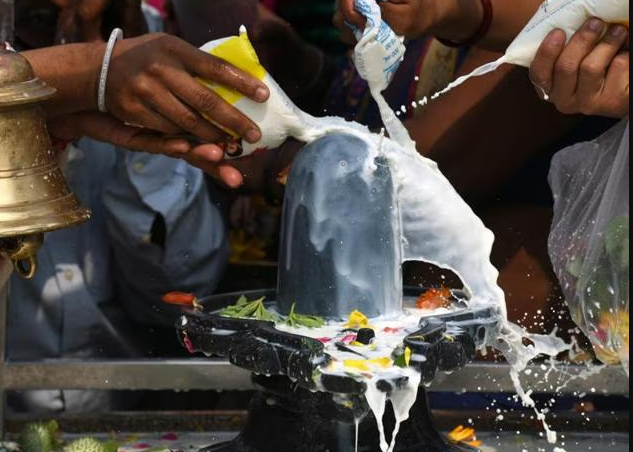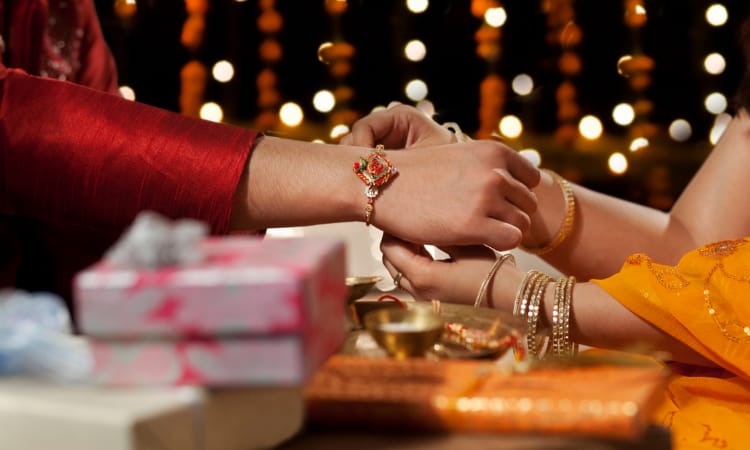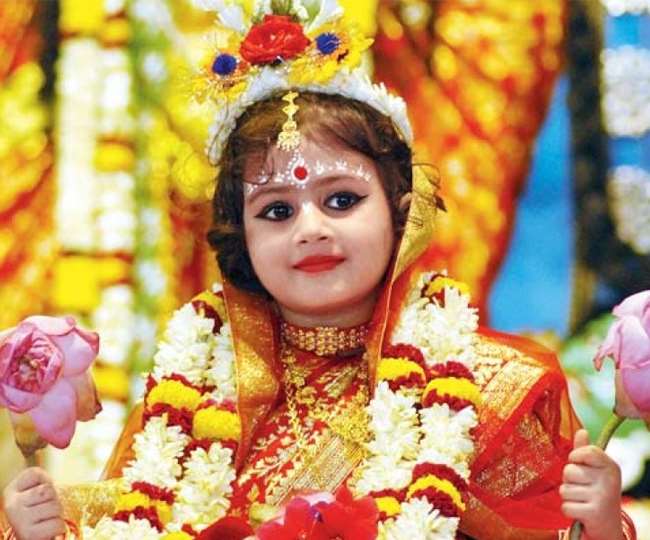Sawan 2025: Key dates, significance, and rituals
Sawan Month 2025: Puja Vidhi, Significance of Shravana: Sawan Month 2025: Puja Vidhi, Significance of Shravana: The month of Shravan, i.e., Sawan, is considered the most sacred for the worship of Lord Shiva. This time, the month of Sawan in the year 2025 is starting from 11 July, Friday, and will end on 9 August, Saturday. In this spiritual month lasting for about 30 days, Shiva devotees across the country will be seen doing special worship, fasting, and Rudrabhishek in Shiva temples. This time, there are a total of four Mondays in Sawan, which are considered the most important days dedicated to Lord Shiva.
When are the Sawan Mondays falling?
The first Monday will fall on July 14, the second Monday on July 21, the third on July 28, and the fourth Monday on August 4. Pandit Premsagar Pandey says that on Mondays in the month of Sawan, offering water to the Shivling, offering Bel leaves, and chanting the mantra ‘Om Namah Shivaya’ are considered especially fruitful.
Worship of Lord Shiva in Sawan
Make Bholenath happy in this way:
Keeping fast on these Mondays leads to marriage, child happiness, and mental peace. Pandit Premsagar Pandey said that according to the Hindu calendar, the Sawan month is divided into two parts, Krishna Paksha and Shukla Paksha. Krishna Paksha is from after Purnima to Amavasya, and Shukla Paksha is from Amavasya to Purnima. Amavasya is falling on 25th July. Thus, in Sawan, there will be approximately 15 days of Krishna Paksha and 15 days of Shukla Paksha.
What is special about this year’s Sawan?
Sawan has become more important due to some special reasons. Actually, in 2025, Venus is entering Rohini Nakshatra, which is considered extremely auspicious from the astrological point of view. This coincidence will increase love, beauty, and spiritual energy.
“Along with this, Sawan Shivratri will be celebrated on 23rd July, which is a very important day for Shiva devotees. On this day, Jagran, Bhajan-Kirtan, and special Rudrabhishek are performed in Shiva temples throughout the night. Chaturdashi of Krishna Paksha of Sawan month is celebrated as Sawan Shivratri. “- Premsagar Pandey, Pandit
Importance of Kanwar Yatra:
With the beginning of Sawan, Kanwar Yatra will also start in the northern part of the country. On the first day of Shravan, a group of Kanwariyas has left from many places to offer water to Lord Bholenath. From July 11, thousands of Shiva devotees will move barefoot to pilgrimage places like Haridwar, Sultanganj, Gaya, and Deoghar to collect Ganga water and will offer water and perform Jalabhishek of Bholenath.
Special preparations in Shiva temples:
Preparations are in full swing in the major Shiva temples of Bihar, Jharkhand, and Uttar Pradesh for the month of Saavan. Special Puja, Rudrabhishek, Kanya Bhojan, and Bhajan Sandhya are being organized at Mahavir Temple of Patna, Baneshwarnath Temple of Buxar, Garibnath Temple of Muzaffarpur, world-famous Devghat Temple of Gaya, and Baba Baidyanath Dham of Deoghar.
What should not be done in Sawan:
There are some things which should not be offered to Bholenath even by mistake. According to the scriptures, these things are considered inauspicious. Tulsi leaves should not be used in Shiva Puja. Tulsi is dear to Lord Vishnu. Water should not be offered from a conch; rather, anointing Bholenath with a Kalash is auspicious. Offering kumkum to Bholenath is considered impure.
Pure substances like milk, curd, ghee, honey, etc., should be offered to Lord Shiva.
Bholenath loves Belpatra very much, but broken Belpatra should not be offered. Raw milk should not be offered to any god, nor boiled milk. Ketaki flowers should not be offered to Bholenath.
Lord Shiva will be pleased by performing Rudrabhishek in this way:
Rudrabhishek of Lord Shiva is performed in the month of Sawan. Performing Rudrabhishek of Lord Shiva with water, milk, curd, ghee, Gangajal, honey, Belpatra, Dhatura, sandalwood, and ash is considered auspicious. While reciting Rudrashtadhyayi with devotion, recite the Panchakshari Om Namah Shivaya or recite the Panchakshari Om Namah Shivaya mantra, or the Mahamrityunjaya mantra 1 or 11 times.
ALSO READ: Vijay Deverakonda’s upcoming movies





